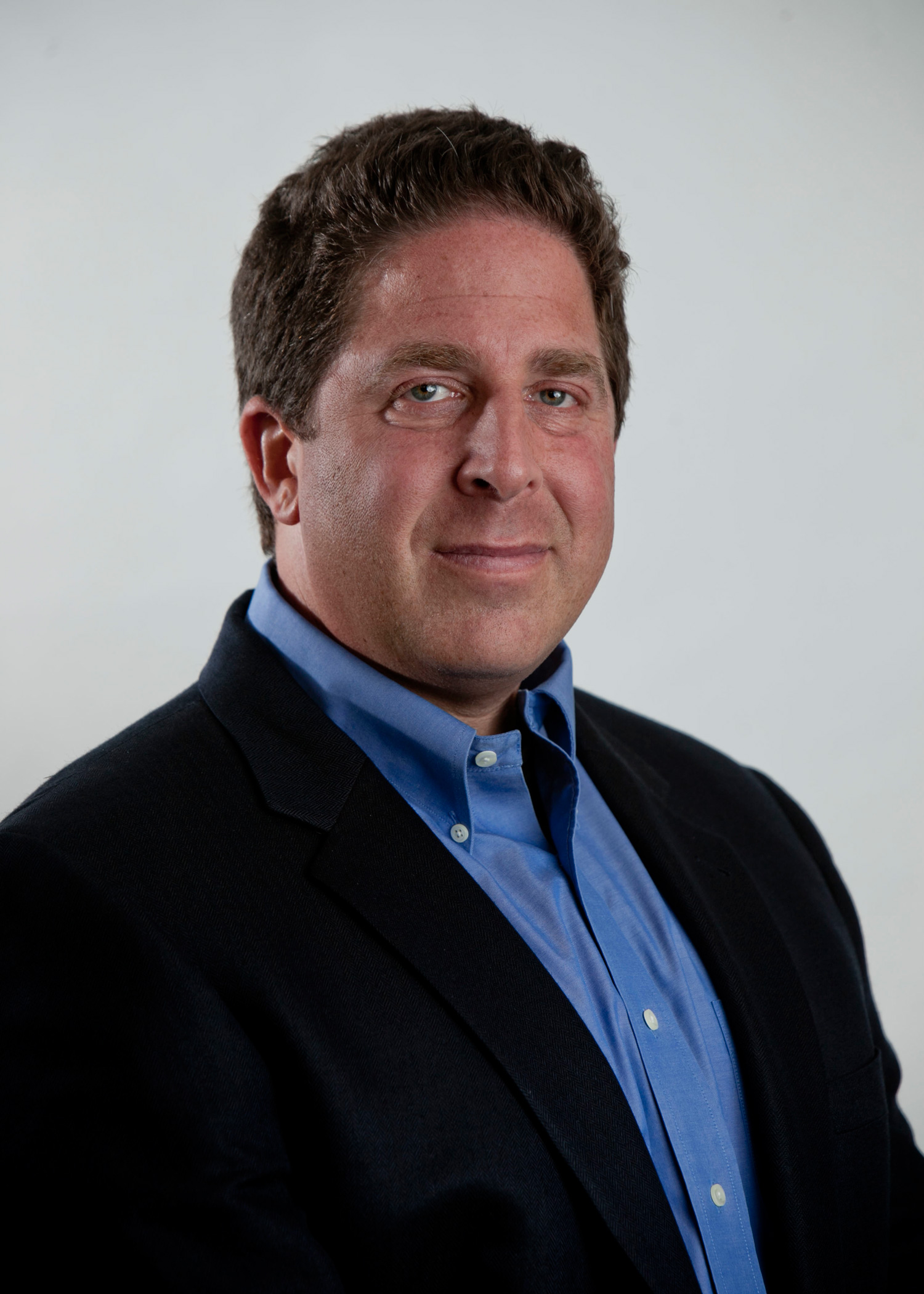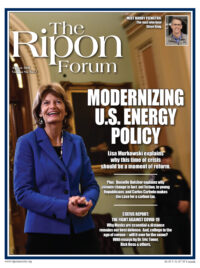
The coronavirus pandemic has upended America’s colleges and universities. Last spring, schools shut mid-semester, kicking students out of dorms and hurriedly moving classes online. The results were pretty dismal, with students feeling ripped off and professors lost at sea. After this rocky spring, it’s natural to wonder: What’s ahead this fall?
For starters, while there’s still much uncertainty, plenty of colleges have announced that they’ll be going remote this fall. Institutions from the mammoth Cal State system to Harvard University have told students that they’ll be taking courses on their iPad — but will still be paying full freight.
For the slice of students enrolled in four-year institutions, this is a lousy deal indeed. After all, students are typically told there are three big benefits from attending a recognizable college or university: the campus experience, the exquisite academic instruction, and a brand that offers a big leg up in the labor market. Well, that campus experience has evaporated. And students are not pleased. As one survey of over 3,000 college students found, more than three-quarters said this spring’s online instruction was unengaging and two-thirds felt it was inferior to in-person learning. In short, the case for taking on big loans to attend residential colleges has now been reduced to the hope that a piece of paper verifying that a student watched Zoom sessions featuring professors from College X will translate to a better job.
The case for taking on big loans to attend residential colleges has now been reduced to the hope that a piece of paper verifying that a student watched Zoom sessions featuring professors from College X will translate to a better job.
Meanwhile, for the lion’s share of students who are enrolled in two-year colleges or who are not “traditional” college-goers, the picture is a little different. The value of their degree relies less on faculty relationships or the campus experience, and more on acquiring skills and documenting that they’ve acquired them. Their education more readily shifts to an online format; indeed, many of these programs already involved a hefty online component.
There’s tough sledding ahead for colleges. As Andrew Kelly, director of the Center on Higher Education Reform at the University of North Carolina, has pointed out, colleges are likely to face an enrollment crisis, with student surveys suggesting that “colleges could face declining enrollments as high as 20%.” On top of ongoing revenue shortfalls, which the American Council on Education claims that colleges will need $34.6 billion to address, a drop in enrollment could prove devastating for some institutions.
College leaders need to look ahead with a sense of urgency and imagination. Meanwhile, what we need from higher education has changed, even before the pandemic. Originally, we needed to figure out how to get experts, books, and students together at a time when educated instructors were scarce, books were rare, and students needed to be in the presence of a teacher. Now that books are plentiful and authoritative lectures are all over YouTube, what do we need colleges for? Well, for three things, at least.
First, to organize the flood of content into coherent units of knowledge, explain what’s most important, and ensure that students have actually learned it. Second, to aid students who are struggling by providing them guidance and support. And, third, to conduct research and serve as lighthouses of free inquiry and civic discourse.
Many colleges did a lousy job with all of this, even before the pandemic. Too many courses are disjointed or unduly narrow. There’s little assurance that students have mastered essential content. Less than half of the college students actually graduate, partly because institutions provide insufficient guidance or support. And there’s not currently much cause to regard campuses as beacons of free thought or civility.
College leaders need to look ahead with a sense of urgency and imagination. Meanwhile, what we need from higher education has changed, even before the pandemic.
That track record means there’s no need to presume that higher education going forward need necessarily look like traditional colleges. Online entities can provide top-shelf courses and assessments in select fields without the traditional collegiate footprint. Apprenticeships married to practical instruction can provide the kind of guidance and supports sorely lacking in most colleges.
What does all this mean for public policy? Here are three places to start:
First, decades of preferential treatment for the college degree have left employers nervous about relying on alternative employment criteria. But, the college degree was never designed to serve as a hiring test. This needs to be remedied, through legislation or litigation. There’s also a need for public-private efforts to clarify acceptable hiring practices, so that responsible employers needn’t worry about getting dragged into court. Government agencies can help by modeling what it looks like to hire on the basis of skill, qualifications, and experience — rather than based on an expensive piece of paper. Loosening the link between college degrees and employment would free students from the pressure to pay for degrees they may not want, force colleges to compete on quality, and allow viable alternatives a fighting chance to emerge.
Second, alternatives to traditional colleges need public officials to dismantle the statutory and regulatory impediments that have made it harder for them to emerge. Currently, it can be challenging for students at nontraditional education providers to utilize federal grants and loans. Meanwhile, states funnel tax dollars into traditional higher education systems, while providing little in the way of support for the establishment of new public options. They should rethink that approach.
Third, state officials, like those in South Dakota did last year, should take steps to ensure that public institutions are actually serving as incubators of free inquiry and the civil exchange of ideas. After all, this is a big part of the mission for expensive, taxpayer-supported, residential colleges. If campuses can’t handle that mission responsibly, it’s time to ask whether they should continue to receive the same amount of taxpayer support.
American higher education is facing a crisis that could prove to be a profound opportunity for rethinking and reinvention. Here’s hoping that college leaders and public officials are equal to the challenge.
Frederick M. Hess is director of education policy studies at the American Enterprise Institute.




